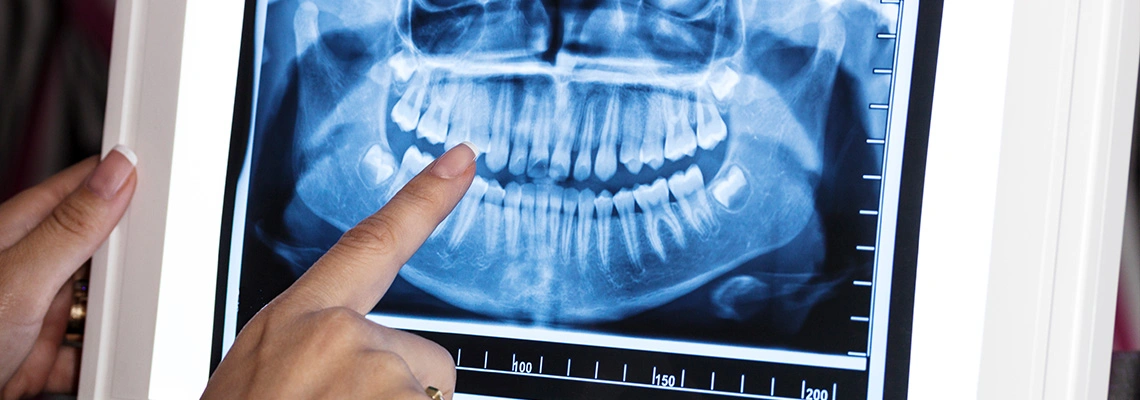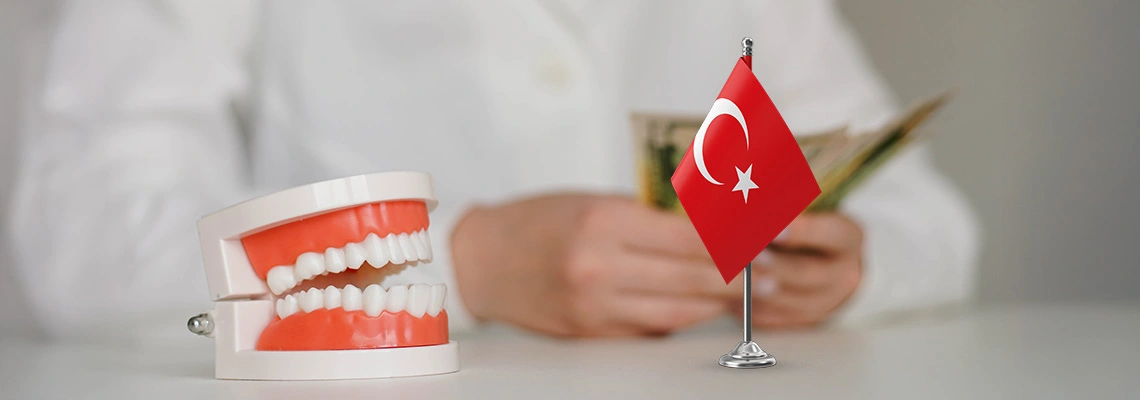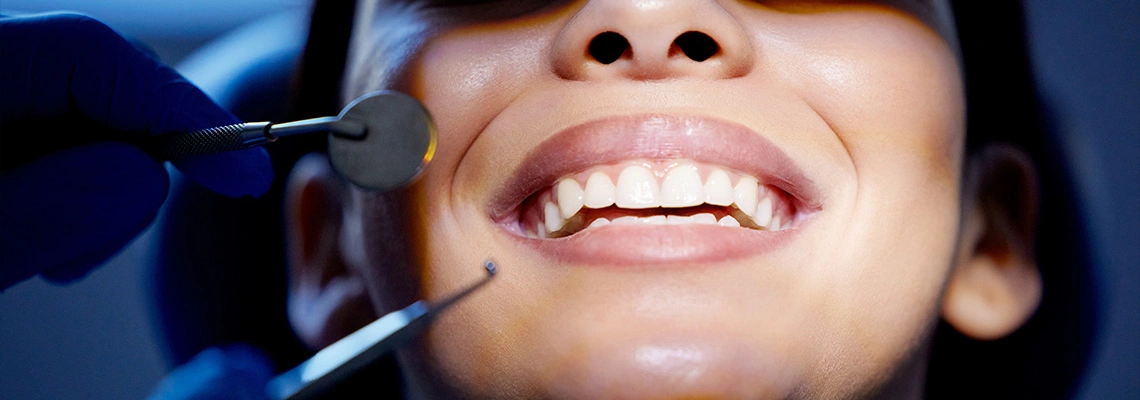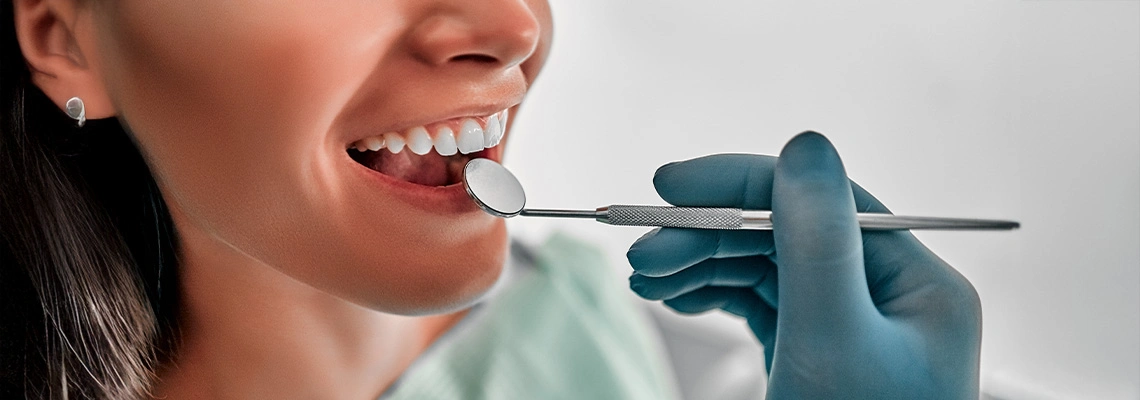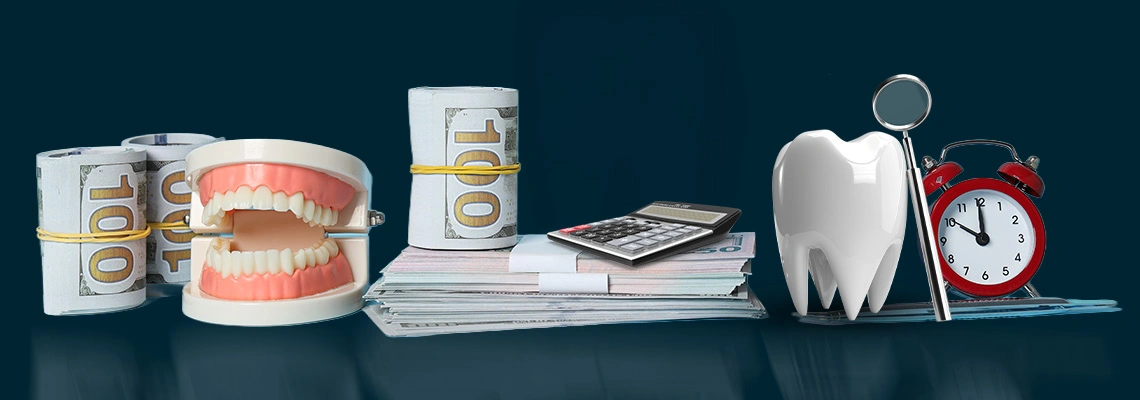When you decide to undergo plastic surgery, finding the proper plastic surgeon is crucial to ensuring that you are in good hands and that you get the best results possible. However, getting your favorable outcome also has to do with your behavior before and after the operation. Following the pre-operative recommendations and aftercare instructions can play a crucial role in ensuring successful operation with good results. Let us guide you on how to take care of yourself before and after plastic surgery.
Table of contents
Pre-operative instructions for plastic surgery
Here is a list of guidelines that you should consider once you make your decision to perform plastic surgery. We will clarify all necessary points that help you minimize any possible complications and ensure good results.
-
Stop smoking for a month before your operation is an instruction that you might hear first from your doctor. Why do you have to stop smoking for some time before your plastic surgery? The answer: generally, smokers tend to have more visible scars after the operation. Nicotine plays a crucial role in reducing the necessary amount of oxygen for your cells to get healed in your wound. Therefore, smoking slows the healing process of wounds, increasing scar formation.
-
You will be asked to bring the current medications you have already taken. It is important to tell your doctor about all your medications, specifically anti-inflammation or blood-thinning medicines, such as aspirin and ibuprofen that increase bleeding during the operation. Therefore, you are recommended to avoid taking any types of these medications for a month before the surgery.
-
Stay away from supplements or herbal medications, vitamin E for three weeks at least. Those bloody thinners might make you experience some complications, including severe bleeding during the operation.
-
Prepare yourself mentally. All plastic surgeries can be stressful for many people. So take some time to prepare yourself for your surgery. Your family and friends’ support will be priceless in such events.
-
Make sure you have someone you can rely on to pick you up after your surgery. It is necessary to stay with you for a while until you become awake.
-
Make sure you wear loose clothes, which can be taken off easily before entering the operation room. Additionally, it is better to avoid wearing make-up or jewelry on the day of your operation.
Post-operative instructions for a smooth recovery
After any plastic surgery, there is a set of general instructions which must be followed to ensure a fast recovery and good results.

-
Do not forget to take your doctor-prescribed medications on time. If you have any allergy to a certain type of medicine, tell your doctor about it, so he can figure out some alternatives. In case any antibiotics are prescribed for you, make sure you finish the entire course.
-
Make sure you wear the appropriate dressings provided for you in the hospital. These dressings will differ depending on the target area from surgery to surgery. You will have to wear it for a while. Please stick with it.
-
During the first week after your operation, make sure you take enough rest and do not expose yourself to any stressful work. You are highly recommended to walk around your house as walking helps you get better.
-
Hydration is necessary for better recovery. Make sure you drink plenty of water after your surgery.
-
Don’t do any strenuous activity, such as exercise that might badly affect your incisions. Furthermore, housework is not allowed in the first days after your operation.
-
Stay away from smoking for five weeks after your operation. Nicotine has negative effects on your recovery.
-
Avoid using blood-thinning medications, such as aspirin or ibuprofen for two weeks at least after your operation.
-
Don’t drink alcoholic beverages for at least a week after your operation.
-
If you experience any unusual complications, such as a sudden increase in drainage, pain, or unusual swelling around the incision, you must call your doctor to check your situation.
-
Following an appropriate diet will support your recovery powerfully and maintain your results.
-
After your recovery, you are recommended to follow a regular exercise that will help you maintain your results.

